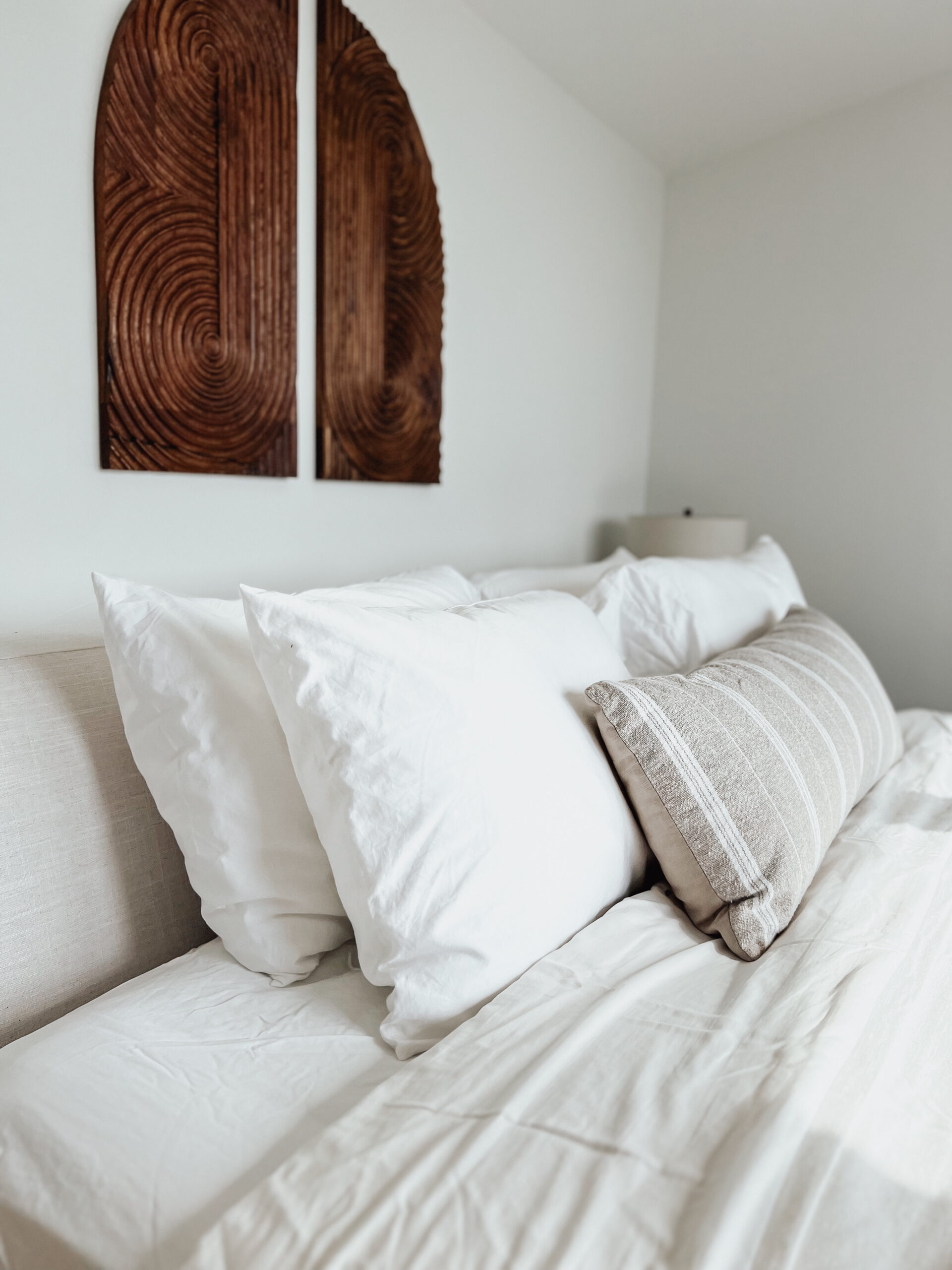Listen on: Apple Podcasts | Spotify | Amazon Music | Podcast Index | Overcast | YouTube
What you’ll find in this episode:
0:04: Improving Sleep for Longevity
6:17: Problems arise when we don’t sleep
12:01: How to improve our sleep
13:13: Improving Sleep
14:49: 6 things to avoid to improve your sleep
26:24: 6 things to do to improve your sleep
28:29: Improving Sleep Through Lifestyle Changes
33:49: Determine what works for you: The N of 1 Trial
Hello, I’m Dr. Bobby Dubois, and welcome to another episode of the “Live Long and Well” podcast. As a dedicated physician, Ironman triathlete, and a researcher of numerous scientific studies, I’m here to help you unlock the secrets to a longer, more vibrant life. Today, we’re diving into the second of our six pillars of longevity—sleep. This fundamental aspect of health can significantly influence your energy, alertness, memory, and overall happiness.
Why Sleep Matters
Many underestimate the critical role that sleep plays in our daily lives. It’s not just about feeling rested—sleep is a cornerstone of health that impacts everything from cognitive function to metabolic processes. Recent studies suggest that the average sleep duration has declined from nearly 8 hours in the 1940s to about 6.8 hours today. This is concerning because less than seven hours of sleep per night is linked with a 20% increased risk of heart attack, a 30% greater risk of obesity, and a similar rise in the likelihood of cognitive decline.
The Science of Sleep
During sleep, our brains are anything but inactive. They are busy processing the day’s information, moving short-term memories to long-term storage, and clearing out metabolic waste. This nightly ‘reset’ helps maintain cognitive agility and emotional health. Furthermore, a regular sleep pattern—or sleep regularity—is crucial. It means going to bed and waking up at consistent times, which has been shown to significantly reduce the risk of mortality.
Practical Steps to Improve Your Sleep
Recognizing the importance of sleep is one thing; improving it is another. Here are twelve actionable tips to enhance the quality and quantity of your sleep:
Things to Avoid:
- Caffeine Late in the Day: It can delay sleep onset and reduce sleep quality.
- Alcohol Before Bed: It might help you fall asleep faster but can lead to disturbances later in the night.
- Late Naps: Napping too late can decrease sleep pressure, making it harder to fall asleep at night.
- Late Night Eating: Eating close to bedtime can disrupt your sleep.
- Excessive Screen Time: The blue light emitted by screens can inhibit melatonin production, a hormone that regulates sleep.
Things to Do:
- Seek Morning Sunlight: It helps regulate your body’s clock and improve sleep quality.
- Exercise Regularly: Physical activity has been proven to help you fall asleep faster and deepen your sleep.
- Establish a Regular Sleep Schedule: Going to bed and waking up at the same time each day sets your internal clock to expect sleep.
- Create a Pre-sleep Routine: Engaging in a relaxing activity away from bright lights helps prepare your body for sleep.
- Optimize Your Sleep Environment: Ensure your bedroom is quiet, dark, cool, and comfortable.
Experimenting with Sleep: The N of One Studies
What works for improving sleep can vary widely from person to person. This is where N of one studies come in—personal experiments to find out what works specifically for you. By methodically changing one variable at a time, such as reducing caffeine or adjusting your bedtime, you can observe changes and identify what genuinely improves your sleep.
Conclusion
As we wrap up today’s discussion on sleep, remember that quality rest is not a luxury—it’s a necessity. By taking steps to enhance your sleep, you’re investing in your longevity and overall quality of life. Stay tuned for our next episode, where we will delve into the world of nutrition and its impact on living well.

Scientific research underscores the intricate interplay between lifestyle factors and human health. Exercise, a cornerstone of well-being, enhances cardiovascular health, boosts mood, and promotes cognitive function. Coupled with proper nutrition, it fosters optimal physical performance and supports immune function. Beyond the individual, social ties exert profound effects on health, buffering against stress and enhancing longevity. Meanwhile, exposure to hot and cold environments elicits physiological adaptations, bolstering resilience and metabolic efficiency. Adequate sleep, essential for cognitive consolidation and metabolic regulation, underscores the importance of restorative rest. Moreover, the mind-body harmony underscores the intricate relationship between mental and physical health, highlighting the profound impact of mindfulness and stress management on overall well-being. Integrating these factors into daily life cultivates a holistic approach to health promotion and disease prevention.